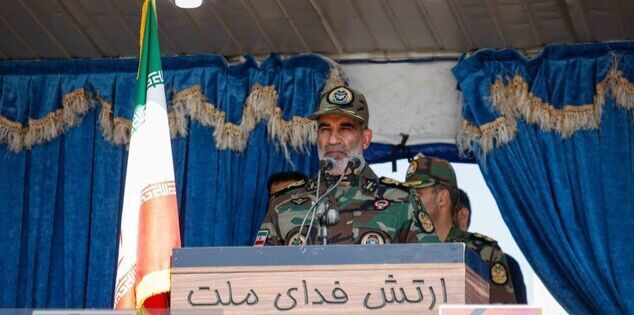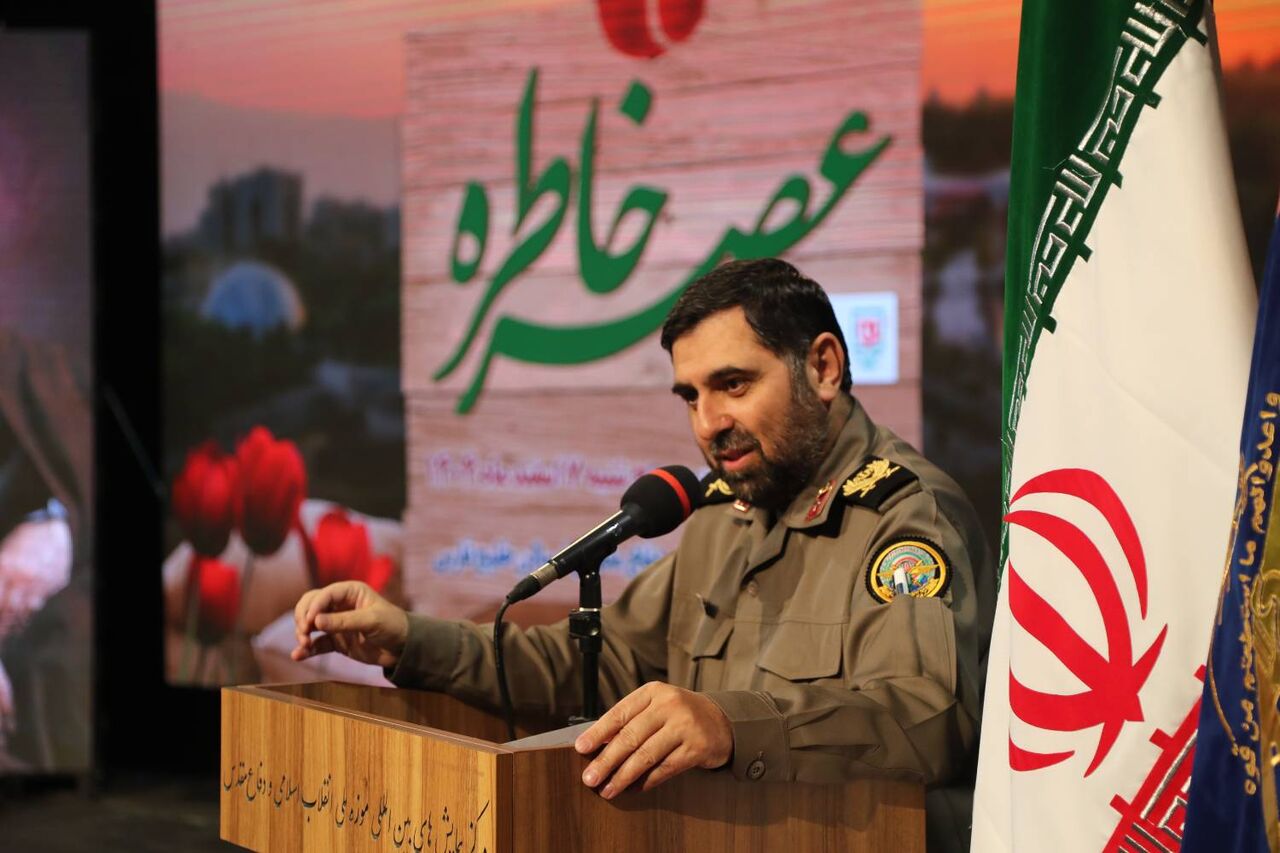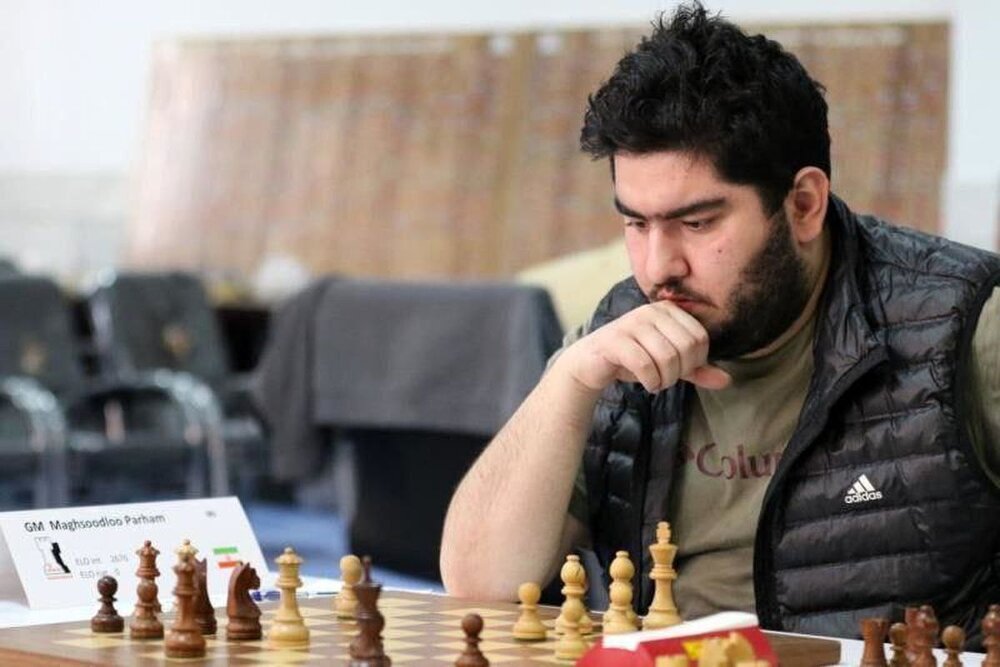'Are my kids alive?' The Palestinian freed from Israeli detention to find his family killed
'Are my kids alive?' The Palestinian freed from Israeli detention to find his family killed

Alaa Salem is talking about the destruction Israel’s genocide in Gaza has wrought on his family.
The family’s home: bombed. Thirty-seven members of the extended family: killed.
But it is the fate of his cousin Haitham that now haunts the Salem family.
In November 2024, Haitham Salem was arrested. The family had undertaken some rough repairs to their home and were sitting in a makeshift shelter on the day he was taken.
Israel’s siege of northern Gaza, which began in October 2024, was squeezing the life out of the family’s neighbourhood. By 20 November 2024, the UN was reporting that for 40 days, “virtually no aid” had reached north Gaza.
“Tanks were approaching our area, and there were strikes everywhere around us, so we decided to leave,” Alaa, 38, told Middle East Eye.
“Israeli drones dropped leaflets ordering us to move toward ‘al-Sheikh Zayed square’. When we arrived there, they separated women and children from men, allowing women and children to continue on their way, while the men were detained in al-Kuwait school,” he said.
'Are my kids alive? They’re dead… I swear they are dead'
- Haitham Salem
Alaa was with Haitham and his brother Mohammed, as well as other cousins and men from the wider Salem family.
“After hours of humiliation and inspection, they [the Israelis] made us walk past cameras and tanks. Soldiers would call out the names of those they wanted to arrest.
"They called Haitham and his brother Mohammed, arresting them along with several other men. I was not detained, so they let us go,” Alaa said.
When, towards the end of January, the ceasefire deal signed by Hamas and Israel before the inauguration of US President Donald Trump came into effect, Alaa and his family returned home. They didn’t know where Haitham or his brother were and had been told nothing about them.
“After a while, Mohammed was released,” Alaa said. “When he came out, he told us Haitham was alive and well, but they had no knowledge of what was happening outside - Mohammed didn’t even know that many family members had been killed, or that our home had been completely destroyed.”
Death and detention
Haitham worked as an electrical engineer at Beit Lahia municipality in northern Gaza and was not affiliated to any political group.
While he was detained, Haitham’s wife Intisar and their children lived with Alaa and other family members. “They were enduring starvation and great fear in his absence. She was constantly anxious about him. Even after Mohammed told her Haitham was fine, she remained worried,” Alaa said.
'When we reached him, he had fainted, but we managed to catch him in time, and he was given sedatives. He was in a terrible state - crying, trembling, unable to stand'
- Alaa Salem, Haitham's cousin
Three weeks and four days before the ceasefire deal signed on 9 October, Israeli forces bombed the tent where Intisar and her children were sheltering in the al-Nasr area of Gaza.
Both of Haitham’s daughters, aged two and five, were killed instantly. His son, Baraa, aged eight, was only lightly wounded in the strikes. But he was poisoned by shrapnel fragments and later died. Intisar, severely wounded in the attack, died of her injuries a few days later.
“On the day of Haitham’s release, I went to Nasser Hospital to welcome him,” Alaa told MEE. “I was among the first to arrive, along with my brothers, Haitham’s father, and his brother.
"We arrived around 9am and waited. When the buses arrived, I started searching for Haitham and two of my cousins who were also detained,” he continued.
“But I was especially looking for Haitham. I didn’t want anyone to find him before me. I wanted to be the one to tell him what had happened, because I knew he wouldn’t be able to handle the news from anyone else. I knew only I could calm him down and help him bear it.”
As Alaa was looking for his cousin, someone tapped him on the shoulder and told him Haitham was calling for him. From behind the glass, Haitham was motioning to his cousin, asking where his children and wife were.
“I gestured with my hands as if praying, to tell him they had gone to God,” Alaa said. “Are you serious?” Haitham replied. “I need you to be strong, like I’ve always known you to be,” Alaa told his cousin.
“I rushed to coordinate with the Red Cross to bring him out of the bus. We brought a wheelchair for him,” Alaa told MEE. “When we reached him, he had fainted, but we managed to catch him in time, and he was given sedatives. He was in a terrible state - crying, trembling, unable to stand.”
In video footage seen by Middle East Eye, Haitham falls to the ground, clutches his stomach in pain, rocks back and forth, falls against a couple of plastic chairs, his legs shaking.
Holding a phone, he asks: “Are my kids alive? They’re dead… I swear they are dead. In four days, it was supposed to be my daughter’s birthday.” He holds up a bracelet he made for her while in Israeli detention. “I made this for her, I made it myself.”
“Haitham was supposed to be released earlier since he was just a municipal employee and unaffiliated with any group,” Alaa said. “But his brother Mohammed had been severely tortured. Under the intensity of torture, he falsely confessed that Haitham worked as an electrical engineer for Hamas.”
As a result, Alaa said, Haitham was brutally tortured himself for two weeks. “They unleashed police dogs on him, placed him in solitary confinement for a week, and gave him barely any food - just a spoon of strawberry jam or half an egg a day,” Alaa said.
Now Haitham Salem, a Palestinian electrical engineer, has returned to a Gaza that has been almost totally destroyed, a Gaza without his wife or children.
Released from Israeli detention, tears in his eyes, his body wracked with pain, he cried out. “My wife, I can’t find her… My beloved boy, every night I see you in my dreams.”











